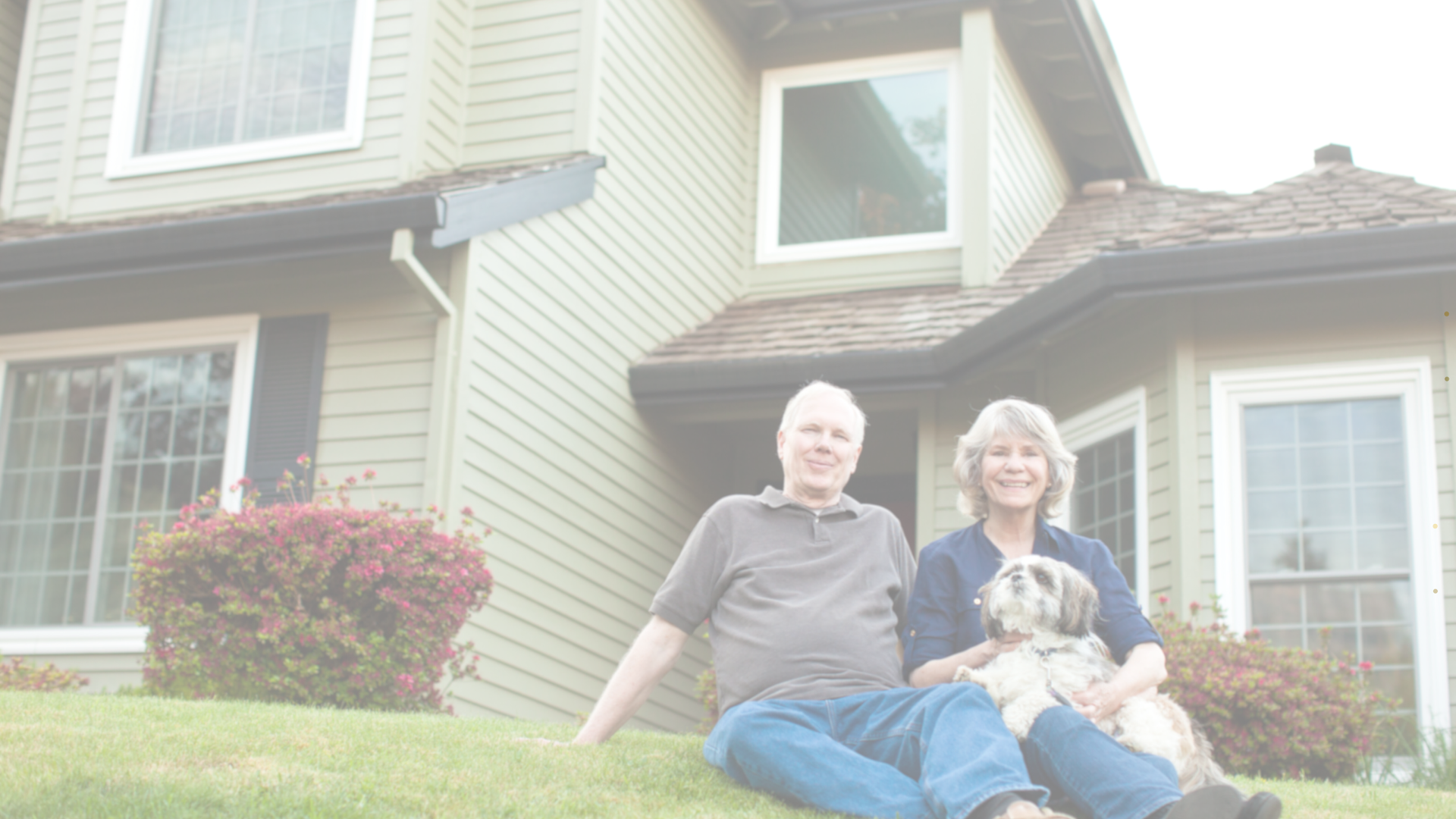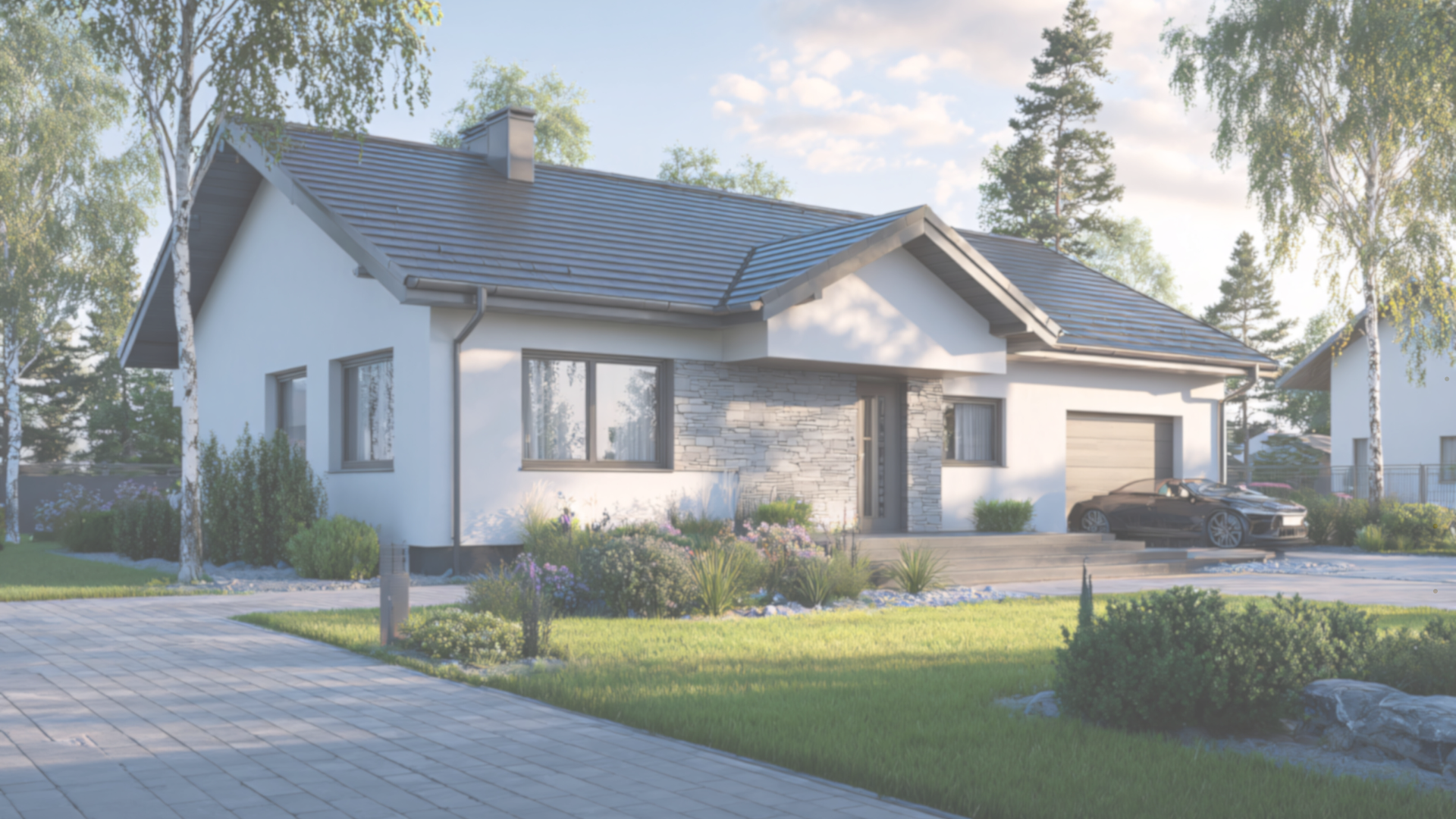Senior Spotlight: Aging In Place… Or Stuck?
When wants and needs of where to age collide.
Aging in place is often considered a ‘no-brainer’ for retired adults. The National Poll On Healthy Aging has reported that 88% of adults aged 50 and older want to age in their existing homes. Aging in place is defined by the CDC as “having "the ability to live in one's own home and community safely, independently and comfortably, regardless of age, income or ability level.” The biggest obstacle to staying at home is usually when one’s health status changes, and declining health necessitates unaffordable and inaccessible in-home health expenses.
But a recent article from Next Avenue challenges aging in place as right for most people even in the best of circumstances. Quite simply, the house and community you chose in your 30s or 40s may not suit you in your 60’s through 90s. The article encourages seniors to consider if they are intentionally making the best choice – or just emotionally or physically ‘stuck’.
Key Considerations
1. Home size & layout: The Census Bureau reports that only 10% of homes are age friendly; 36 million older people fall every year. With 75% of falls occurring in the home and the majority of them taking place on stairs and in bathrooms – form and function need to be a top priority.
2. Neighborhood demographics: One in four older adults live alone, and loneliness has been called an epidemic by the United States Surgeon General. Older adults may find that the neighbors and friends they have known for years may move on, changing the support systems around them. A familiar home surrounded by an unfamiliar network may not be as comforting as a new home near loved ones.
3. Home care & maintenance: Homes age just as we do! Those who choose to age in place should consider the overall physical and financial obligations of maintaining their home – especially in areas that impact safety. Don’t forget about disaster preparedness too!
4. Mental stagnation: While predictability and stability are comforting, they are not the best building blocks for mental sharpness and resilience. With the Alzheimer's Association reporting that less than 1% of cases are hereditary, our physical and mental lifestyle choices are the driving forces in keeping our minds sharp. Moving to the ‘right’ place for you can also create incentive to make new friends, create new routines and strengthen flexibility. Don’t let complacency stop your life or block your brain power!
Deciding to ‘stay or go’ can be one of the hardest decisions in life. But if you approach this fork in the road with objectivity, authenticity and resiliency – you can end up with less stress on your plate and excitement about what you bring to the table!
All my best,
Bobbi
Bobbi Decker
DRE#00607999
Broker Associate
650.346.5352 cell
650.577.3127 efax
www.bobbidecker.com
NAR Instructor….“Designations Create Distinctions”
CIPS, SRS, ABR, CRS, SRES, GRI, CLHMS, REI, AHWD, RSPS, MSLG
Bobbi Decker & Associates fully supports the principles of the Fair Housing Act and the Equal Opportunity Act. For more information, please visit: http://portal.hud.gov/











